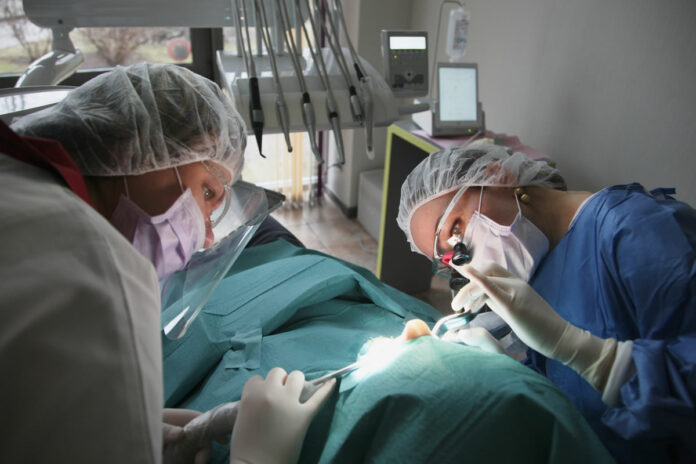
Oral and Facial Surgery
Oral and maxillofacial surgery (OMS) is an internationally recognized surgical specialty. It is formally designated as either a medical, dental or dual (medical and dental) speciality depending on each country’s regulations.
It is a specialized field of medicine and surgery, with degrees in both medicine and dentistry being compulsory prior to being accepted for surgical training. Its scope of practice is broad, including head and neck cancer, microvascular reconstruction, cosmetic facial surgery, craniofacial trauma and cleft lip and palate correction.
Pre-Operative Procedures
Pre-operative procedures are an important part of your overall oral health. They are also a great way to promote a speedy recovery.
For a healthy mouth and jaw, it’s important to brush your teeth properly. This includes a thorough cleaning of the molars, a deep clean of your tongue and cheeks, and a good flossing routine.
In addition, you’ll want to rinse with a customary mouth wash (ask your doctor) at least twice a day.
Keeping your mouth clean will also help you avoid bacteria that can lead to tooth decay and gum disease. This will also minimize swelling and pain, and help you get back to your normal self in no time at all. The best part? Taking care of your smile will make you feel and look your best. You’ll also be more likely to enjoy your meals, socialize with friends and family, and achieve a healthier, more attractive smile in no time.
Post-Operative Care
Patients undergoing maxillofacial surgery have unique needs in the post-operative period. They require care that focuses on issues exclusive to this area of the body.
Generally, the post-operative period is divided into three phases: phase I involves the immediate period after surgery in the operating room or postanesthesia care unit (PACU); phase II takes place in the hospital ward and, often, the days following discharge; and phase III encompasses the period when patients are recovering at home.
The immediate postoperative period is a critical time for addressing immediate concerns such as airway protection, pain control, mental status and wound healing. Other concerns include preventing urinary retention, constipation and deep vein thrombosis (DVT).
The post-operative care process may be lengthy and can cause stress on the patient and their family. It’s important that medical professionals handle this care with the highest level of awareness and readiness to act should any complications arise. This can alleviate the distress and help your loved one recover quickly.
Preparing for Surgery
It is important to understand that your preparation for surgery can make the difference between a successful surgery and complications. Your surgeon and his team will be able to answer any questions you may have about your procedure and recovery.
Depending on the type of surgery you are having, your surgeon will discuss with you all the benefits and risks of the operation, including how you will recover after the procedure. This information will help you feel prepared and confident about your surgery.
Before surgery, you may be asked to attend a ‘pre-admission clinic’ where a nurse will organise any tests you need, take your health history and give you all the information you need about your stay in hospital.
You should also discuss your medications, as some may be harmful to your surgery and recovery. You should also review your diet and drink plenty of water throughout the day before your surgery to keep your body well hydrated.
Recovery
Recovery for oral and facial surgery is a complex process that can vary in length depending on the procedure performed. For example, tooth extractions, which usually require local anesthesia, may take a few days to recover from, while dental implants, which often require bone grafting, will need weeks of healing time.
To minimize the risk of post-operative complications, it’s important to follow all of the surgeon’s recovery instructions. These include avoiding smoking, taking prescribed antibiotics on schedule, and maintaining good oral hygiene.
The first few days after oral and maxillofacial surgery are the most crucial times for proper recovery. Avoid eating anything hot, such as hot dogs or potato chips, and stick to soft foods, such as mashed potatoes or soups, until you feel comfortable with your mouth again.
Minor bleeding is normal for the first 24 hours after surgery, so be sure to place gauze pads on all surgical sites and bite firmly for 30 minutes or until bleeding stops. Contact our office if bleeding continues or if you’re unable to control it.


